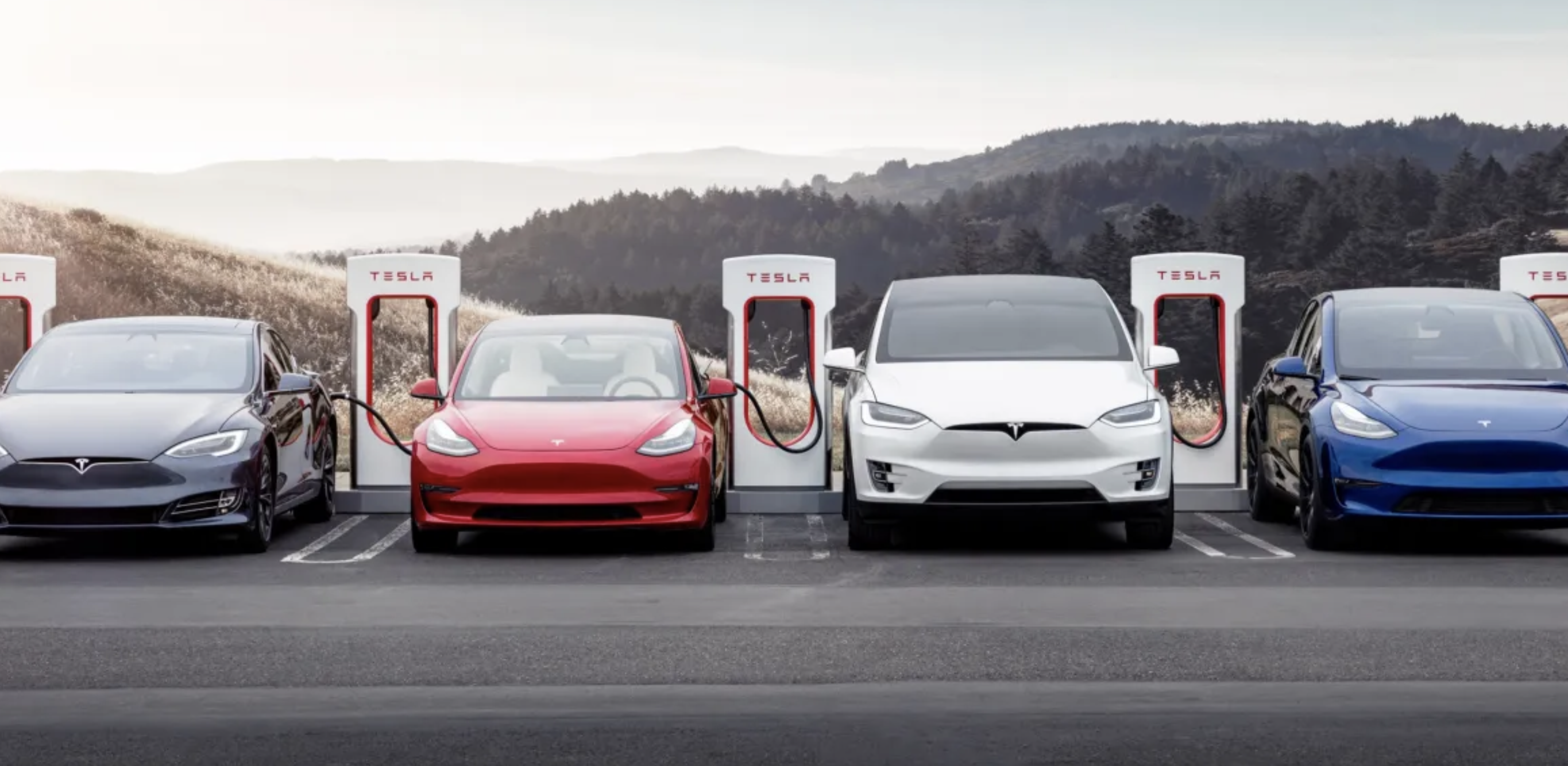As one of the biggest constitutional challenges in 25 years, the High Court has ruled Victoria's road charge for electric vehicles is unconstitutional under Australian law.
The judgement handed down today by the High Court ruled that Victoria's per kilometre charge on Zero and Low Emissions Vehicles (ZLEV) was a tax on the use of such vehicles, and under the Commonwealth Constitution, only the Federal Government has the power to impose such taxes.
The case, beginning in September 2021, came down to a battle over which level of government had the legal authority to impose such a tax on motorists.
Victoria was the only State to have imposed the charge as a way to generate lost revenue from the Federal Government's fuel excise tax, all states and territories backed the challenge, which attempted to intercept the tax and control the money beyond the parameters of the constitution – instead of being allocated the money from the Federal Government.
The Australian Government and its constitutional lawyers provided support for the plaintiffs, Christopher Vanderstock and Kathleen Davis. Owners of electric cars in Victoria had both the Federal Government's fuel excise when filling up with petrol as well as the state's electric car tax.
The High Court justices concluded a distance based charge on electric vehicles and hybrid cars was invalid under the Australian Constitution, and ordered the Victorian Government to pay costs.
"This is a landmark constitutional decision," said David Hertzberg, Senior Associate at Equity Generation Lawyers, who represented the plaintiffs, Christopher Vanderstock and Kathleen Davis in the High Court challenge. "Today’s judgment means that Victoria’s electric vehicle tax is invalid. It also sets a precedent which will likely prevent other states from implementing similar legislation,"
This landmark High Court judgment smashing Victoria’s electric vehicle tax will blow a billion-dollar hole in future state budgets and puts pressure on the federal government to introduce a national road-user charge.
.
